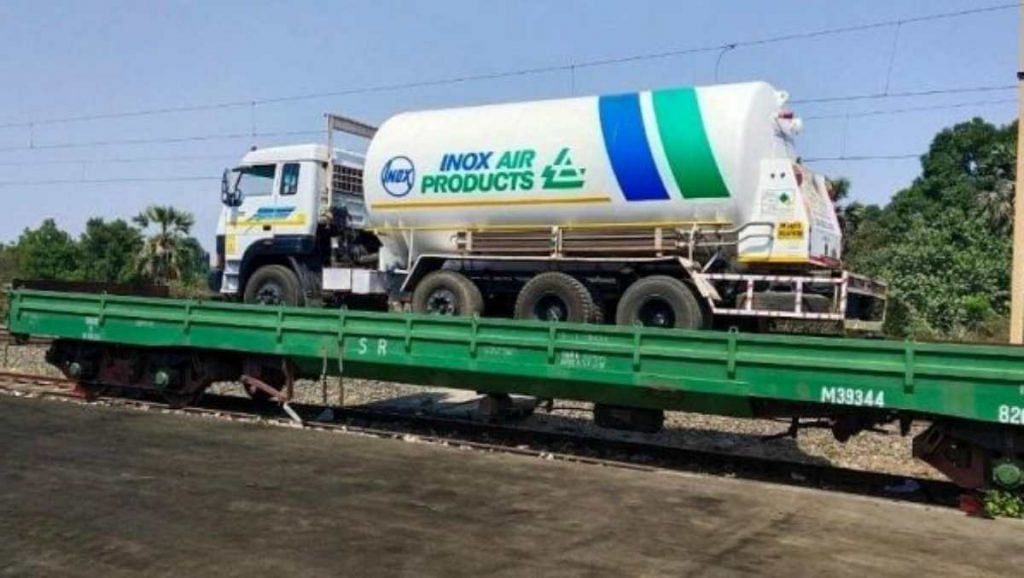New Delhi: As the Indian military stepped in with its logistics might to fight the catastrophic second Covid-19 wave, the Army Saturday stressed the need to have a joint national logistics policy.
Integrating logistics of the services with existing national civilian logistics resources will be the major winning factor, Army Vice-Chief Lt Gen. C.P. Mohanty said while addressing a webinar.
He said, at the national level, Integrated National Logistics Power through a National Logistics Policy is being deliberated and the nation cannot afford to divorce National Logistics from Military Logistics, especially when war or any major crisis in effect is a national effort.
Speaking on the topic ‘Logistics in the armed forces’, Mohanty said his vision of Operation Logistics is that it has to be completely networked to connect the frontline soldiers and all service providers at the click of a button.
“To do so, it has to be modelled on telemarketing on the lines of Amazon, Flipkart, Big Basket etc. A frontline commander in the thick of the last-paced battle on any front cannot afford to contact multiple service providers overcoming the tedious process of documentation and delivery,” he said.
The officer added that all service providers such as food, fuel, warlike stores, weapons, ammunition, casualty evacuation, medical services, repair and recovery of vehicles and equipment have to be integrated into one large web.
It would involve multiple warehousing facilities, transportation by land, air and water, workshops, hospitals with round-the-clock transparency.
“Outsourcing and military — trade partnership is thus likely to be the future trend in military logistics,” he said.
Also read: Army, Navy, Air Force pitch in with doctors, medical aid, oxygen as India’s Covid burden grows
‘Army filling up critical voids’
Mohanty added, the nation today is fighting a war against an unheard of, dangerous, contagious virus.
He said the country has come together and put in place all logistics, infrastructure and resources to overcome this mounting challenge posed by Covid-19.
“As always, the armed forces are pitching in by augmenting health infrastructure, mobilising health resources, providing air efforts, as well as medical and allied support in terms of men and material. They are using their unique skill sets to fill up critical voids wherever called for,” he said.
Noting that the Indian Army is 1.3 million strong, Mohanty said making it operational-ready for all scenarios involve situations ranging from peace to no-war-no-peace to limited conflict to nuclear war across the whole spectrum of conflict.
“Logistics will make the difference in war since it will decide the tempo of operations. Unlike in the civil arena, logistics and supply chain management is more complex in the armed forces owing to the inhospitable terrain and far-flung border areas,” he said.
The vice-chief also noted that in today’s context, Joint War Fighting is the keyword for military planners.
While various commonalities in logistics exist in the three services, synergising them by reducing duplications and redundancies will lead not only to savings, but also to an increased functional efficiency, he said.
Mohanty further noted that as the force looks to enhance the capabilities to meet the dual challenges on our western and northern borders, “we are deeply conscious of the fact that it is with technology alone (that) can prepare ourselves for all scenarios”.
(Edited by Debalina Dey)
Also read: Fighting Covid? Learn from the armed forces as nearly 100% personnel vaccinated already
